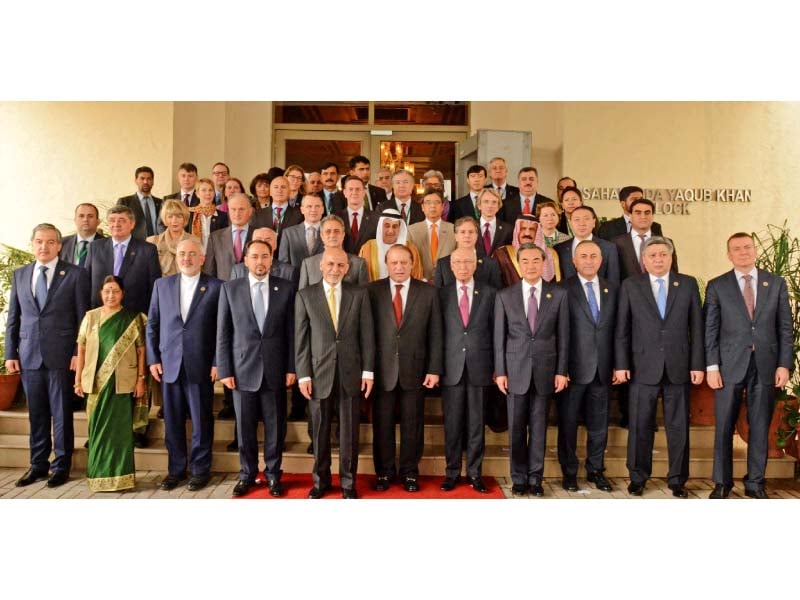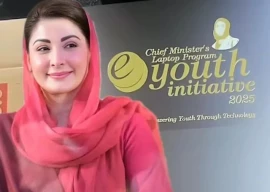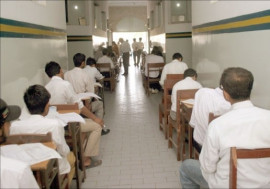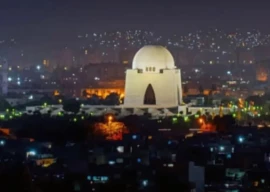
The fifth ministerial meeting of the Heart of Asia-Istanbul Process (HOA-IP) concluded on Wednesday with a call to the Afghan Taliban and other insurgent groups to enter into peace talks with the administration of President Ashraf Ghani.
“We give credence to the idea of resolving conflicts through peaceful negotiations,” reads the 43-point joint declaration issued at the end of the meeting. “And urge full support by HOA-IP countries to the government of Afghanistan in implementing Afghan-owned and Afghan-led peace and reconciliation initiatives.”
US, China add weight to Afghan peace push
Afghan Foreign Minister Salahuddin Rabbani said peace and reconciliation was one of the main items discussed and all the countries, particularly the United States, China and Pakistan, have shown willingness to work with Afghanistan on that.
“We very much hope that this effort will yield a result-oriented peace process and some positive moves in coming weeks,” Rabbani said at the joint news conference with his Pakistani counterpart Sartaj Aziz after the conference.
Salahuddin Rabbani is the son of Burhanuddin Rabbani, the former head of the Afghan High Peace Council who was assassinated by a suicide bomber in his home in September 2011. In April 2012, Salahuddin Rabbani was chosen to lead efforts to make peace with the Taliban.
Asked about when they expected the stalled talks would resume, Rabbani was non-committal on a timeframe but hoped that it “starts as soon as possible”.
Afghan forces struggle to retake Kunduz city from Taliban
Speaking alongside Rabbani, Aziz described the Heart of Asia meeting as successful and voiced hope that decisions taken during the meetings would help achieve the desired results.

Pakistan had helped broker the first talks between the Afghan Taliban and Kabul earlier this year. But a second round of talks foundered in July after news leaked that long-time Taliban leader Mullah Omar had been dead for two years. The joint declaration, which was signed by the foreign ministers and representatives of 17 countries and 11 international organisations, reaffirmed the commitment to promoting regional peace and prosperity through collective efforts.
“We commend the hospitality of Pakistan and Iran in hosting millions of Afghan refugees, for the last three decades, despite their own formidable challenges and limitations and we urge the international community to provide them with adequate support,” the declaration said.
Countering security threats
The deceleration welcomed Afghanistan’s determination and efforts in steering the HOA-IP towards creating a peaceful and secure region.
Taliban attack airport in southern Afghan city Kandahar
“Since the security of the countries of the Heart of Asia region are intertwined, we believe that supporting Afghanistan’s efforts in fighting terrorism is vital for safeguarding the region against terrorism,” it read.
It also resolved to eradicate terrorism in all its forms and manifestations, especially the likes of al Qaeda, Da’ish (Islamic State group) and their affiliates, denying them physical and financial space.
“We also agree on the need, and commit to put in place, specific measures and take necessary actions to deny terrorists’ access to financial and material resources, to dismantle their sanctuaries and training facilities, and to curtail their ability to recruit and train new terrorists.”
The declaration concluded by tasking senior officials of member states to hold a meeting on regional security early next year. The meeting also agreed on India hosting the next meeting in 2016.
Tangible landmarks
Prime Minister Nawaz Sharif, while inaugurating the conference, said that due to the political and security transitions in 2014, they had to intensify efforts to “move forward from a conceptual domain to tangible landmarks.”
Time not ‘opportune’ for Afghan peace talks: Sartaj Aziz
Reiterating Pakistan’s commitment to strengthening ties with its neighbours and regional countries, Nawaz said one country was more than a neighbour. “For us, Afghanistan is more than a neighbour.”
Noting that President Ghani’s administration was the only legitimate authority in Kabul, he restated that enemies of Afghanistan are enemies of Pakistan as he urged better border management. “Massive cross-border movement of refugees constitutes a security risk and is exploited by miscreants for their nefarious designs.”
Ghani, who thanked Pakistan for hosting over two million Afghan refugees, noted that the massive military operation in the border areas, codenamed Operation Zarb-e-Azb, had had unexpected consequences.
Unfortunately, recent events in Pakistan have forced us to host 350,000 to 500,000 refugees from Pakistan ... the refugee issue is a common issue, like all issues,” Ghani said.
Published in The Express Tribune, December 10th, 2015.






1724919650-0/Untitled-design-(5)1724919650-0-270x192.webp)


1736070587-0/Express-Tribune-(2)1736070587-0-270x192.webp)













COMMENTS
Comments are moderated and generally will be posted if they are on-topic and not abusive.
For more information, please see our Comments FAQ